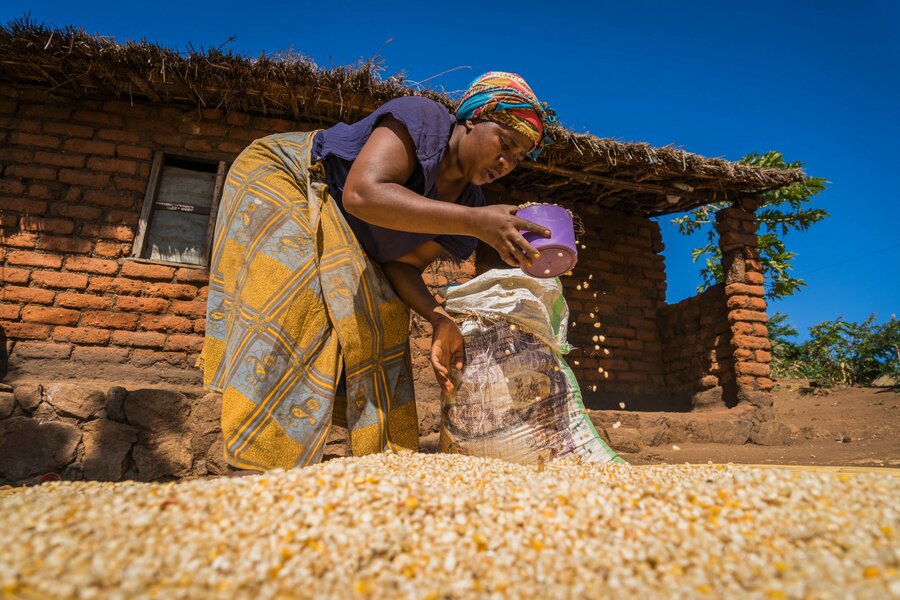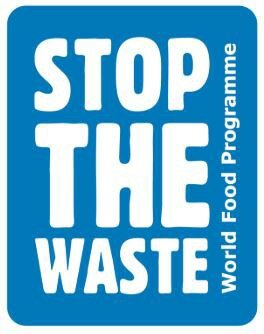1.3 billion reasons to #StopTheWaste

The figures are eye-watering: enough food to feed the world's 7 billion people while one in nine people goes to bed hungry every night. Equally if not more damning, one-third of the food produced for human consumption is lost or wasted — amounting to about 1.3 billion tons per year.
The time to act is long overdue, and extends beyond the devastating impact on people's food security. It is also about the wasted money, labour and resources such as energy, land, seeds and water that go into producing food. Also, wasting food increases greenhouse gas emissions and contributes to climate change.

The World Food Programme's (WFP) #StopTheWaste campaign aims to shine a spotlight on this global issue and highlight simple solutions we can all take to prevent it.
"Hunger remains one of our most solvable challenges, as the world produces more than enough food to feed everyone," said Corinne Woods, Chief Marketing Officer for WFP. "In some developing countries, up to 40 percent of food produced is lost before it even leaves the farm gate.
"#StopTheWaste's primary goal is to raise awareness among the general public to be more conscious of food waste — one of the fundamental steps toward eradicating global hunger — by asking them to look in their refrigerator and create a meal out of ingredients they might otherwise throw away."
The campaign targets social media as a catalyst for increased awareness about both hunger and the small lifestyle change we can all make to help end it.
As part of this, WFP is partnering with restaurants and celebrity supporters to spread the message. Award-winning US chef Andrew Zimmern chef, for example, has created his own recipe using food that would normally go to waste, in hope of inspiring his followers to do the same.
Food waste refers to the discarding of food that is safe and nutritious for human consumption, while loss refers to what is lost supply chain between the producer and the market.
WFP tackles food loss by helping smallholder farmers in areas such as storage and transport, which prevent crops from spoiling prematurely, and connects them with markets. WFP's Zero Food Loss initiative allows smallholder families in Africa to buy cost-efficient, airtight storage options. By the end of this year, there should be more than half a million smallholder families engaged in the initiative.
Hermetic silos and storage bags reduce losses to almost zero by suffocating insects. A WFP project in Nigeria has shown that 100 percent of food stored in the bags remains intact, compared to 90 percent being lost when stored in the traditional way.
In Malawi, WFP has trained tens of thousands of members of farmer organizations — half of them women — in post-harvest seed handling, seed grading, seed storage, bagging, warehouse management and financial management.
WFP has released a set of simple steps we can all take to reduce food waste, as well as a short, animated video. You can find out more via the campaign website before deciding how you too can help #StopTheWaste.
